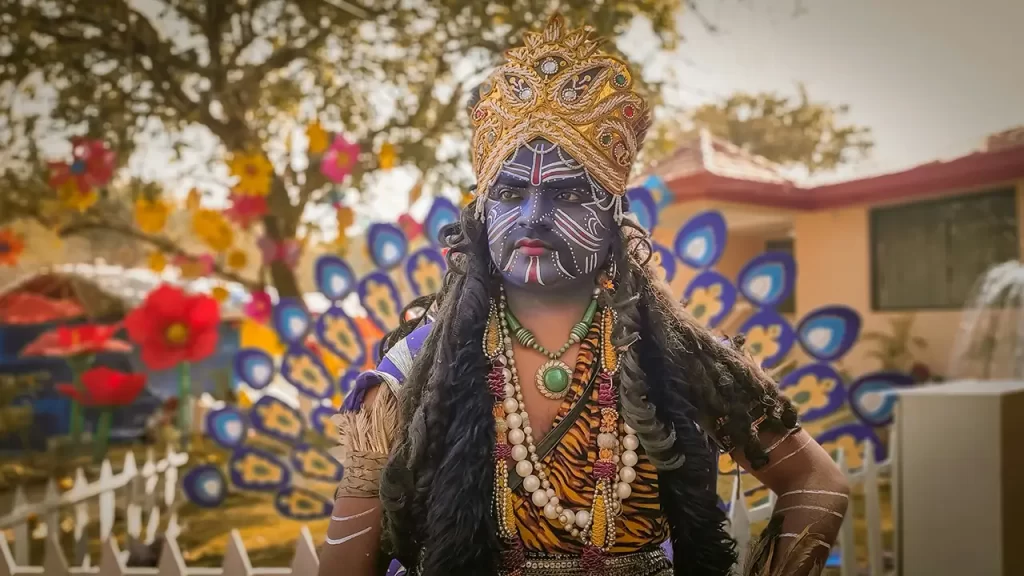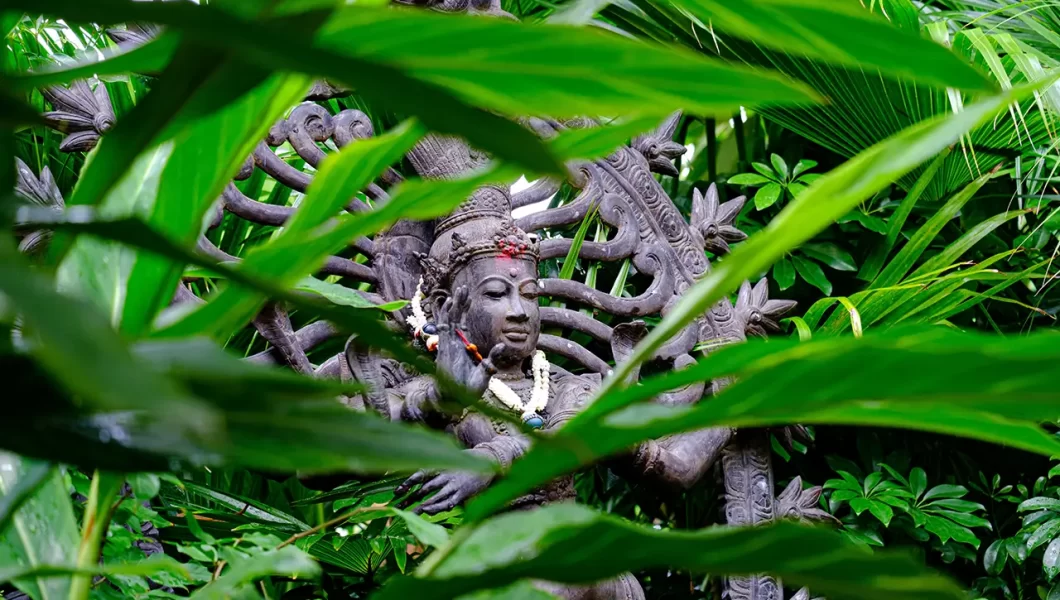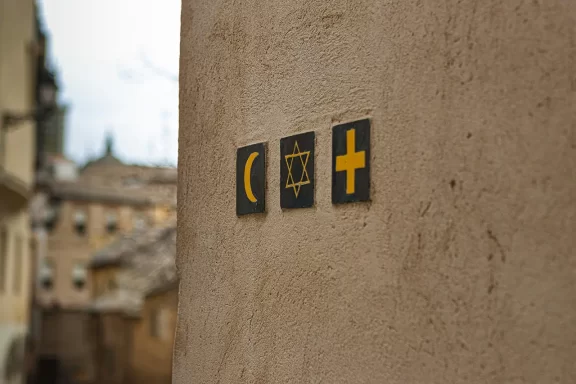Mahashivratri, one of the most revered festivals in Hindu culture, holds profound significance for millions of people around the world. Celebrated with great passion and devotion. Mahashivratri is dedicated to Lord Shiva, the destroyer and transformer in the Hindu Trinity. This auspicious occasion falls on the 14th day of the dark fortnight of the month of Phalguna (February-March) according to the Hindu lunar calendar. In this blog post, we delve into the deeper meanings and significance of Mahashivratri, exploring its spiritual essence and cultural importance.
The Legend of Mahashivratri
The festival of Mahashivratri is steeped in spiritual significance. According to Hindu mythology, this sacred day marks the convergence of Shiva and Shakti, symbolizing the cosmic union of masculine and feminine energies. On this night, Lord Shiva performed the divine Tandava (dance of creation, preservation, and destruction), and married Goddess Parvati. Devotees commemorate this celestial union by observing fasts, performing rituals, and offering prayers to Lord Shiva.
Spiritual Significance
Mahashivratri holds immense spiritual significance for followers of Hinduism and seekers of spiritual awakening. It is a time for introspection, purification, and renewal of one’s spiritual journey. The night of Mahashivratri is considered highly auspicious for meditation, chanting prayers, and practicing yoga. Devotees believe that by immersing themselves in devotion and contemplation, they can attain inner peace, enlightenment, and liberation from the cycle of birth and death.
Mahashivratri Observance and Rituals
Mahashivratri varies across different regions and communities. Devotees commonly observe certain rituals:
- Fasting: Many devotees observe a strict fast on Mahashivratri as a symbol of self-discipline and spiritual purification. They believe that fasting detoxifies the body and mind, allowing individuals to connect with the divine on a deeper level.
- Night-long Vigil (Jagran): Devotees stay awake throughout the night, engaging in prayers, bhajans (devotional songs), and recitations of sacred scriptures. They believe that the vigil during Mahashivratri keeps evil forces away and brings blessings from Lord Shiva.
- Offerings and Puja: Temples dedicated to Lord Shiva witness a surge of devotees on Mahashivratri. Priests perform special prayers and rituals, and devotees offer flowers, fruits, milk, and bael leaves to the Shivalinga, a symbolic representation of Lord Shiva.
- Yoga and Meditation: Many spiritual seekers utilise the energy of Mahashivratri to deepen their yoga and meditation practices. The serene atmosphere of the night fosters a conducive environment for inner exploration and spiritual growth.

Symbolism and Philosophy
Mahashivratri carries profound symbolism and philosophical teachings that resonate with seekers of truth and wisdom. Lord Shiva, often depicted as the destroyer of ignorance and the embodiment of compassion, symbolises the transcendental reality beyond the material world. His third eye represents wisdom and inner vision, while the serpent around his neck symbolises control over desires and ego.
The festival of Mahashivratri encourages individuals to embrace the essence of Shiva’s teachings, which emphasise detachment, humility, and self-realisation. It inspires devotees to overcome the dualities of life and awaken to the eternal truth of their divine nature.
Cultural Impact
Beyond its religious and spiritual significance, Mahashivratri plays a vital role in preserving and promoting India’s rich cultural heritage. The festival unites people from diverse backgrounds and fosters a sense of community and solidarity. It serves as a platform for cultural performances, traditional rituals, and artistic expressions that celebrate the timeless wisdom of Hindu philosophy.
Mahashivratri holds significance beyond the borders of India. Hindu communities around the world celebrate. The festival serves as a bridge between cultures, fostering mutual respect, understanding, and appreciation for India’s spiritual heritage.
Conclusion
In conclusion, Mahashivratri is not merely a religious festival but a profound journey of self-discovery and spiritual evolution. It invites individuals to transcend the limitations of the material world and connect with the infinite source of consciousness within. As we immerse ourselves in the divine energy of Mahashivratri, may we awaken to the eternal truth that resides in the depths of our being.
As we celebrate Mahashivratri, let us embrace the timeless wisdom of Lord Shiva and strive to embody his virtues of compassion, wisdom, and self-realisation in our lives. May this auspicious occasion bring peace, prosperity, and spiritual fulfilment to all beings, and may the divine blessings of Lord Shiva illuminate our path towards enlightenment. Har Har Mahadev!








No Comments